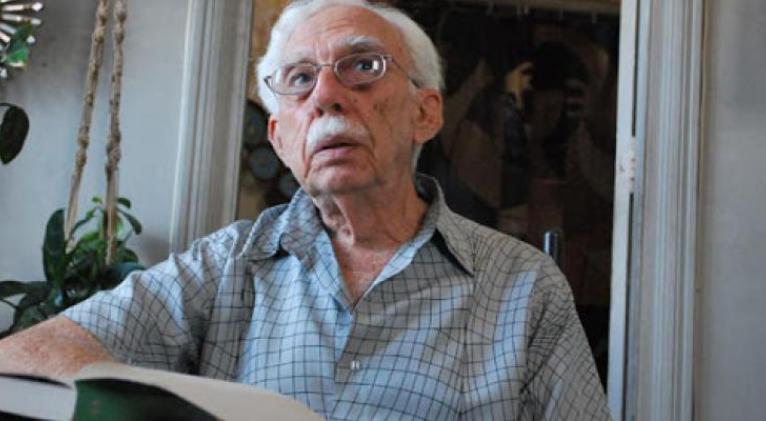Ramiro Guerra´s Path
especiales

Those walking through open roads —with greater or lesser fortune— owe much of their journey to those who walked the road first. Ramiro Guerra, who was born 98 years ago, was a pioneer. He was actually The Pioneer, in his arts, his nation. Everyone living and embracing modern dance today may be regarded as his heirs. And there is no further debate on what I just said.
He embraced new ways to understand dance in the United States. These ways shed lights on a conceptual and formal renovation, which should emerge from practice and other needs of expression, dialogue, by breaking up with tradition.
And he came back to Cuba. Before the foundation of that first company, Ramiro Guerra already staged very interesting shows in small playhouses in Havana. Some differed with such aesthetics. And not few backed the peculiarity of such resolution. Ramiro then strengthened his legacy with the founding of the National Modern Dance Ensemble, blossoming in the halls of the National Theater.
It was not enough for him to just export a new way to do dancing, but he wanted to plant an idea. He went to the roots in his quest to find the essence of a culture. Encouraged by the enthusiasm of the first years of a full-scale Revolution, he found the right path to foster his creative flow. He molded it. Ramiro was the father of Cuban modern dance, which is now a perfectly recognizable movement worldwide. Technique, methods, school, companies, choreographic heritage, all of them converge in this cultural movement.
And this would eventually become Cuba´s Contemporary Dance and it was the basis, fertile ground, the beginning of a story. And Ramiro —founder, maestro, choreographer, event organizer— was there.
He was more than just a pioneer. He was a visionary. What he intended to do, and somehow he did, with his failed Decálogo del Apocalipsis, envisaged some of the trends that blossomed years later in Europe.
When he left the company, after the dogmatic censorship of the premiere, he devoted to his second passion: research. He handed down a very interesting biography, fundamental in the theoretical studies of dance in Cuba.
Ramiro Guerra never stopped being a passionate man of art, thirsty for culture. He was fortunate to witness the strengthening and recognition of his work. But he always wanted more. He was like the greatest artists, looking for perfection day after day, even though they know this is humanly impossible.
Translated by Sergio A. Paneque Díaz / CubaSí Translation Staff














Add new comment